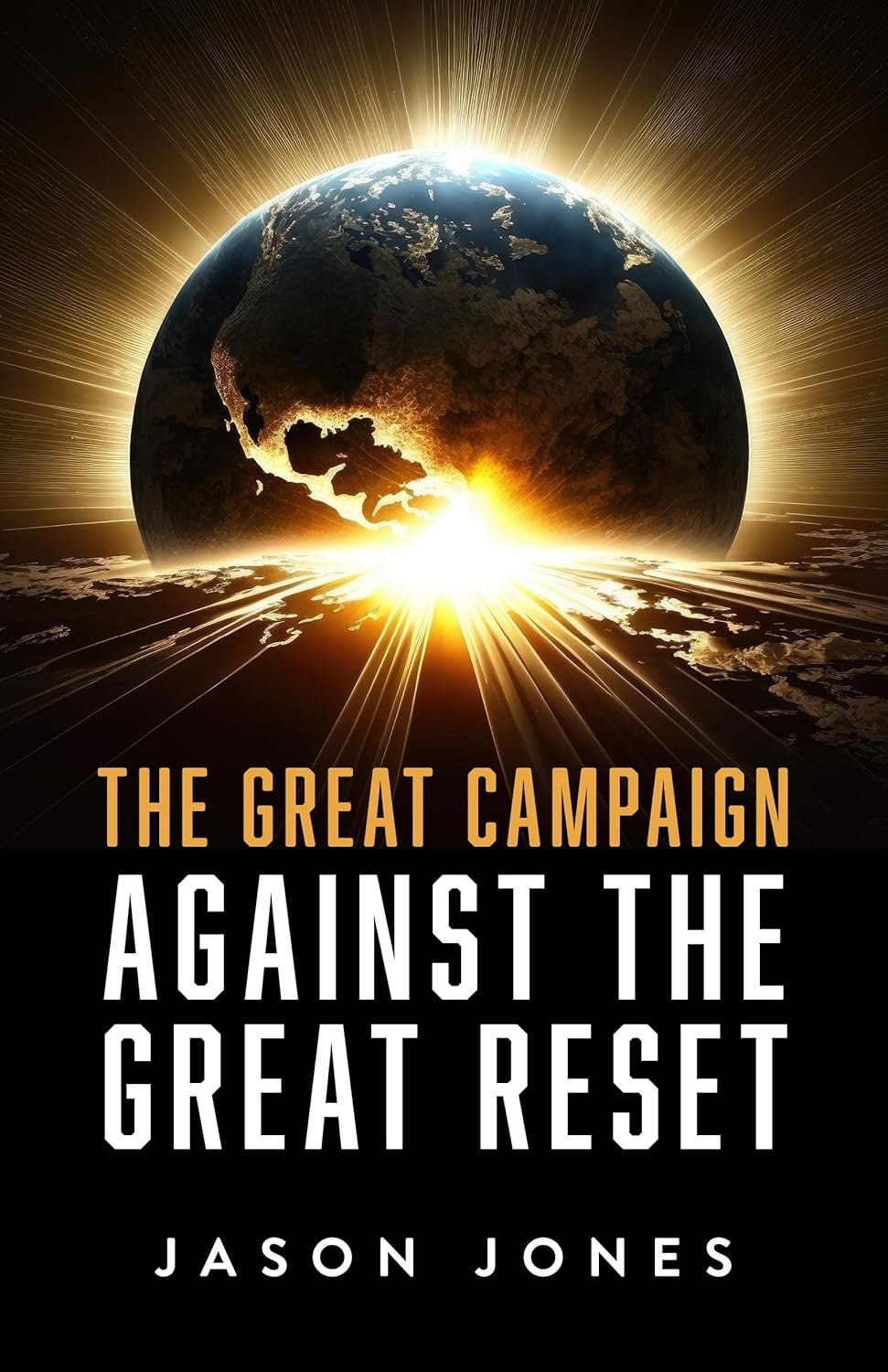Letting the Poor Freeze in the Dark: The Anti-Fossil Fuels Lobby Kills
The world’s biggest climate conference, COP28, came to a triumphant end last week in Dubai. After years of disagreement, a coalition of oil states finally joined other nations around the world to agree to call on all countries to “transitioning away from fossil fuels in energy systems.”
This agreement comes at the same time as the World Economic Forum (WEF) has unveiled a sweeping agenda aimed at transforming the world’s economy. If implemented, this agenda would substitute meat with insects, minimize energy consumption, curtail private ownership of cars, homes, and land, and restrict individuals’ purchasing capacity beyond a predetermined emission threshold.
The problem is that everything coming out of COP28, the WEF, and similar climate fearmongering groups is based on lies, and a lack of concern for the world’s most vulnerable.
Garbage in, Poison Out
Most of the computer climate models used by the United Nations are erroneous in nature. In fact, when two scientists, Drs. Ross McKitrick and John Christy, did a comprehensive analysis of CMIP6 models — the prime tools for climate prediction — they found that these models were not reflecting real world temperatures due to a warming bias by the modelers. Global energy policy cannot be informed by such faulty and biased projections.
However, even if the model’s projections were to come true, humanity would not face a crisis. This is confirmed by an United Nations special report which says a 3.66-degree Celsius increase in global temperature by 2100 — well above the COP28 and WEF desired levels of warming — would cost us only 2.6% of global GDP.
Fossil Fuels Rescued Us from Bare Subsistence
Far from being dangerous, fossil fuels are one of humanity’s greatest tools. Over the last 100 years, our world has been transformed for the better due to the use of affordable, reliable, and abundant fossil fuel energy sources. Even today, more than 80% of global energy consumption comes from oil, gas, and coal, and in less developed economies, this percentage is often even higher. By harnessing the power of fossil fuels, humanity is now uniquely protected from nature’s fury, and enjoys, on average, an historically easy and comfortable life.
Restricting the supply of fossil fuels is thus deeply unjust, particularly towards poor communities. Billions of individuals still have little to no access to electricity and are reliant on highly polluting cooking fuels such as wood and cow dung. Millions more are unable to enjoy modern electrical conveniences like refrigerators and washing machines. For these people, taking away fossil fuels could mean the difference between life and death.
Rolling Blackouts Freeze the Poor
Consider the people of Mongolia. Last Friday, December 15th, Mongolia’s capital, Ulaanbaatar, witnessed a temperature of -37 degrees Fahrenheit. This comes as Russia announced that it will cut its shared electricity production to Mongolia by half. With 30% of Mongolia’s power coming from Russia, this is lethal news for the country. In an official statement, the Mongolian government said it will begin “limiting industrial electricity usage beginning on December 14th and may impose rolling blackouts on household electricity during peak usage hours in Ulaanbaatar and other central provinces.”
The news about blackouts has left the people of Mongolia defenseless, without a secure form of heating. Luckily, there’s coal. Coal is a reliable and affordable source of electricity generation, and in circumstances where there is no electricity supply, or a home is not connected to the grid, coal acts as a direct source of heat, with higher efficiency and accessibility than other sources like wood.
Please Support The Stream: Equipping Christians to Think Clearly About the Political, Economic, and Moral Issues of Our Day.
Against what the hypocritical jet-setting climate elites want, it is vitally important for Mongolia to be energy independent and generate its own electricity from abundant coal reserves. The country has 15 large-scale coal bearing basins, holding at least 33.27 billion metric tons of proven coal reserves. That reserve is 314 times the annual consumption of coal in the country, meaning the country can generate electricity and use coal for heating for at least a few hundred more years.
Hence, the calls for abandonment of coal makes no sense, lest the climate elites want to see the people of Mongolia court death in winter. It is despicable that such a critical life-sustaining source is being vilified based on pseudo-scientific theories and erroneous models. The attempts to de-carbonize the energy sector are nothing but crude indifference to the plight of those whose future depends on surviving winter.
We at the Vulnerable People Project realized this simple energy reality long before the bad news hit Ulaanbaatar last week. That’s why we committed to delivering 150 tons of coal to the poor households in Mongolia. Through our special project known as “Coal for Christmas,” we are delivering life-saving coal packages to thousands of households in Mongolia, Afghanistan and many other countries where surviving winter would be impossible without coal.
Fossil fuels — especially coal — are a lifeline for the world’s most vulnerable. It’s time our world’s elites wake up to this reality and stop trying to make life worse for those who most need our help. This Christmas, coal might be the best gift of all.
Jason Jones is a film producer, author, popular podcast host, and human rights worker. He is president of the Human-Rights Education and Relief Organization (H.E.R.O.), known for its two main programs The Vulnerable People Project and Movie to Movement. His latest book, The Great Campaign Against the Great Reset, will be released in Spring 2024.

